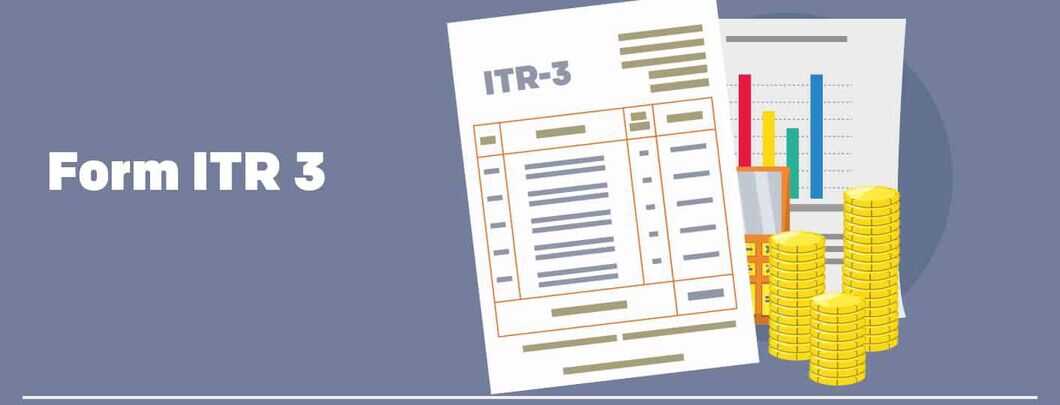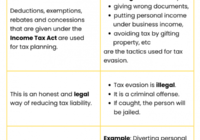Bookkeeping with no Experience?
Bookkeeping with no Experience Introduction Bookkeeping is an essential financial process that involves recording, organizing, and managing business transactions. Many individuals and small business owners may find themselves needing to handle bookkeeping tasks without prior experience. This guide provides insights into bookkeeping for beginners, covering its definition, benefits, usage, limitations, and applications, along with… Read More »









